Children have an interesting relationship with food. For example, children may like something this week that they won't eat next week, or decide they'll never eat a green vegetable again in their lives. Constantly adjusting to their changing food preferences is already a challenge for parents, and diet can sometimes even be linked to bedwetting. Discover the link Kathleen, a mother of four, believes certain foods are preventing her 8-year-old son from staying dry at night. "I've noticed a connection, depending on the kind of food he eats, but it's not entirely clear," says Kathleen. "I find my son has fewer problems when his diet contains fewer processed foods and more iron. Foods like meat and green, leafy vegetables like broccoli, spinach, and others are rich in iron." Anne Boisclair-Fahey, a nurse practitioner specializing in pediatrics, also believes such a connection exists in some children. "Some children who wet the bed will benefit from avoiding certain foods," says Boisclair-Fahey. "That may not be the case for others. Bedwetting can be caused by several factors, and diet is just one of them." According to Sue Dengate, author of a book on the subject, food intolerances can increase your child's risk of wetting the bed. "I've always wanted to distinguish between true food allergies—a rapid reaction to food proteins with itching and swelling—and food intolerances, a delayed reaction to chemicals in a wide range of foods," she says. "It's food intolerances that play a role in bedwetting. Food intolerances are much more common than food allergies, but much harder to detect. Food intolerances tend to run in families." However, Dengate says, "We're finding that all children are different—some [bedwetters] are affected by artificial colors or preservatives." Find the culprits So, how can you determine which foods are affecting your child's bedwetting? According to Boisclair-Fahey, parents should keep a close eye on caffeine, carbonated drinks, citrus fruits, chocolate, and extra doses of vitamin C. These foods tend to increase the amount of urine the body produces, making it harder for your child to stay dry at night. Of course, the causes of bedwetting vary from child to child, so while food may not be the primary cause, it can play a role. In addition to caffeine, chocolate, and carbonated drinks, Dengate thinks parents should also experiment with bread. Dengate conducted a study, published in the (opens in a new window) Journal of Paediatrics and Child Health, on the effects of calcium propionate, a preservative commonly used in bread, on children's behavior. She found that children in her study who wet the bed improved when they eliminated the additive from their diets, and for some, bedwetting returned when they ate bread containing the preservative. "Some parents who want to try the dietary approach will see a difference simply by changing the bread and drinks," says Dengate. "That means switching to a bread without calcium propionate, perhaps buying specialty loaves like French or Italian bread, and encouraging children to drink bottled water instead of juice, milk, or soda." According to Dengate, dairy products, such as milk, can irritate the bladder wall and cause bedwetting. Because so many children have an undiagnosed intolerance to dairy products, they should be the first foods tested, along with foods containing coloring and preservatives. Elimination diets The best way to pinpoint the exact foods causing the problem is to go on a three-week elimination diet, eliminating any foods that might be affecting your child's bedwetting. You can then carefully reintroduce foods, one at a time, to uncover the real culprits. Consult your child's doctor before making any changes to your child's diet. One of the most important things to remember is that childhood bedwetting is more often related to physical development and maturity. While foods can affect how often your child wets the bed, a change in diet likely won't completely eliminate the problem. Understanding, love, and time are the most effective weapons against bedwetting.
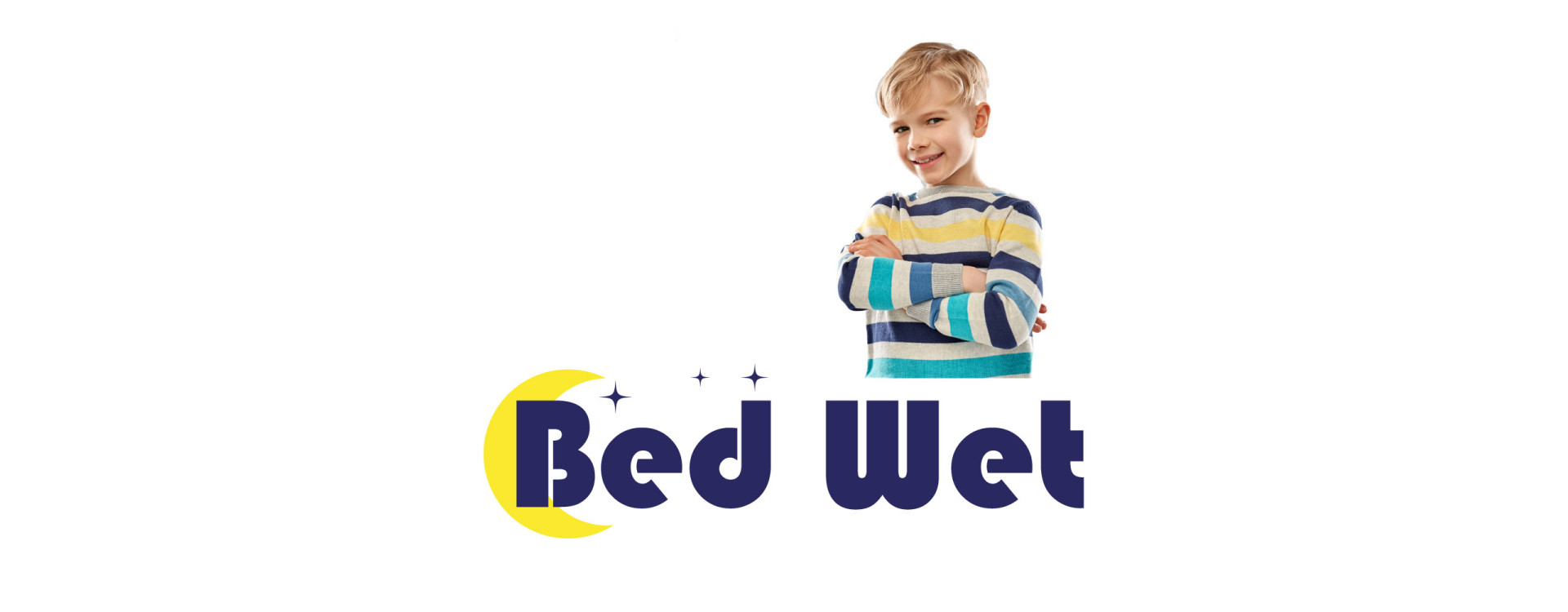

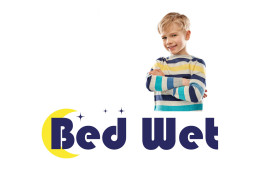
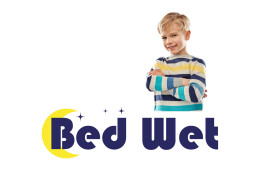
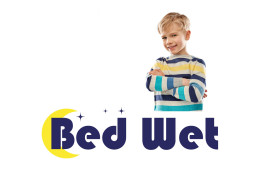
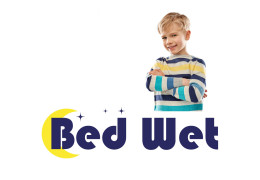
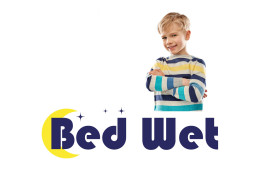
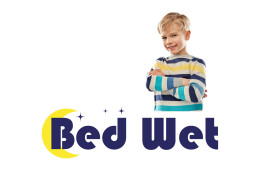
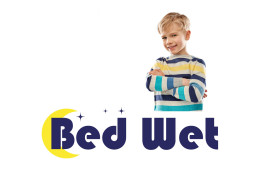
Latest comments